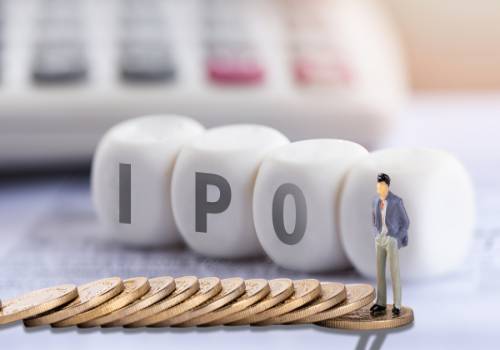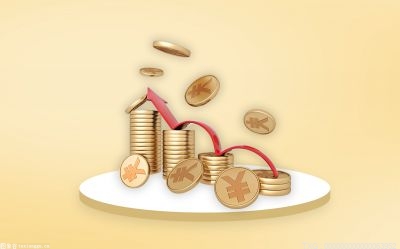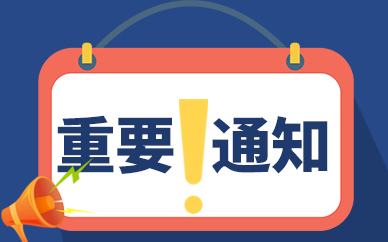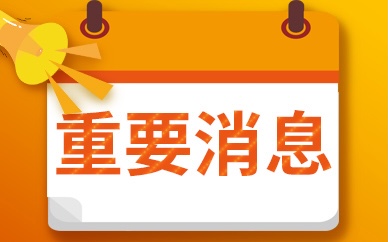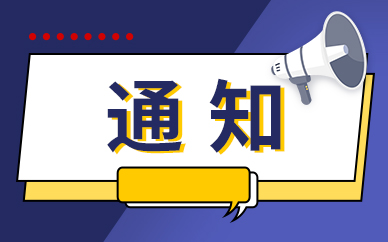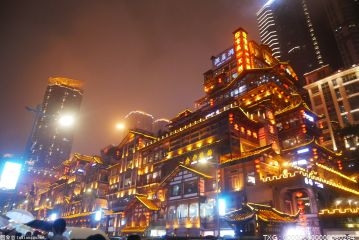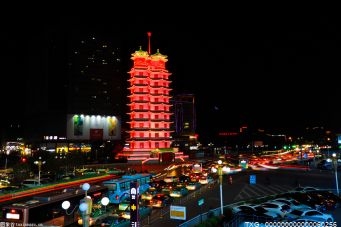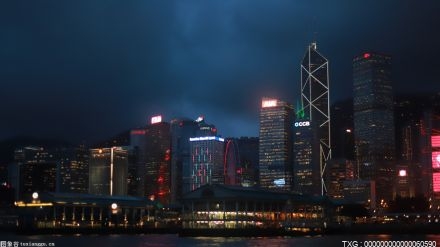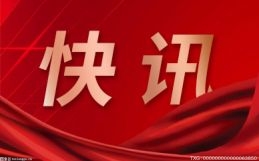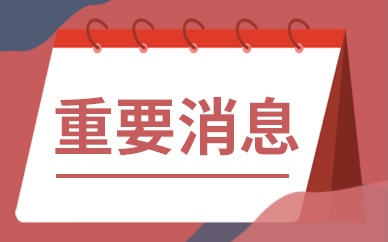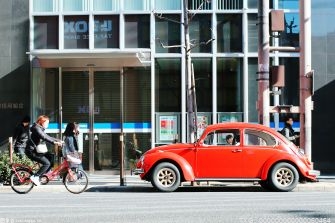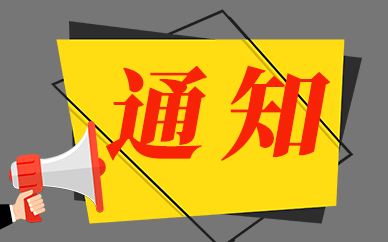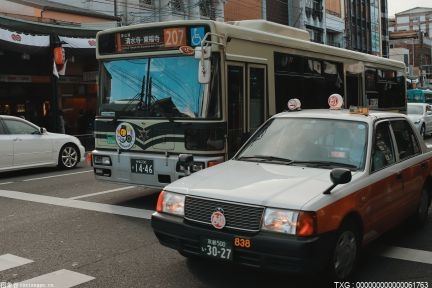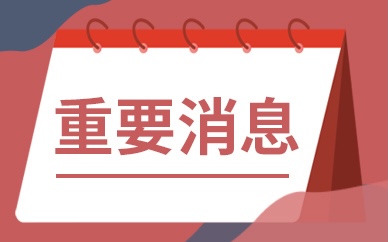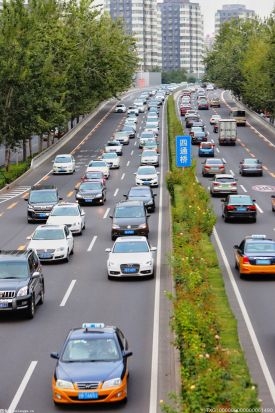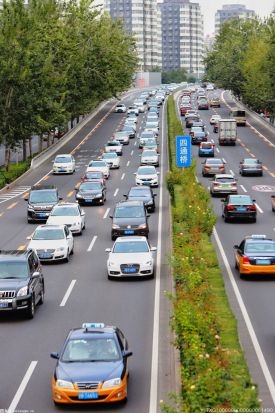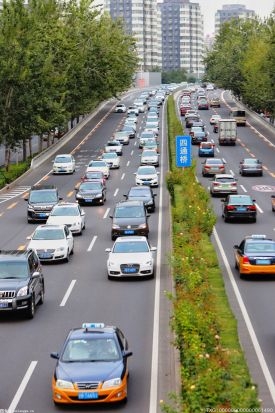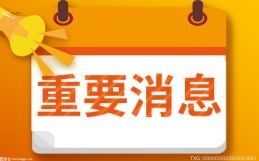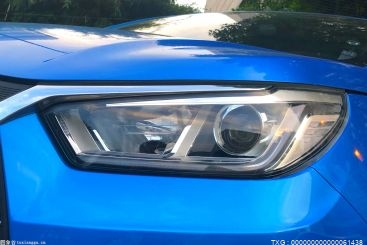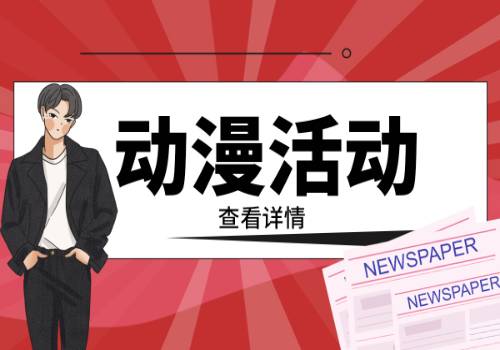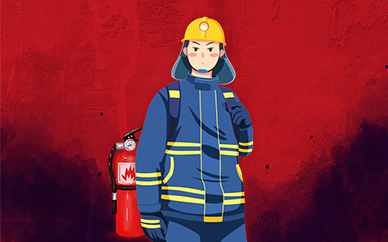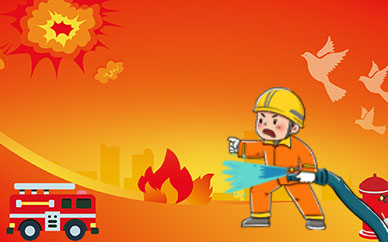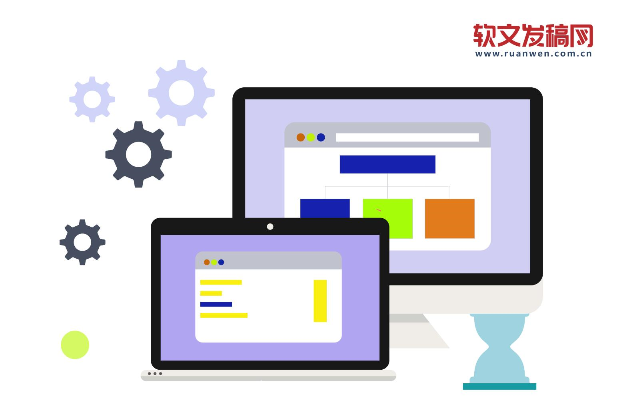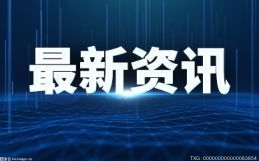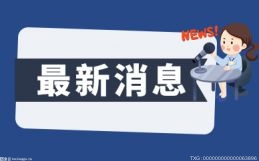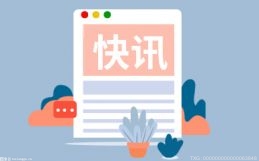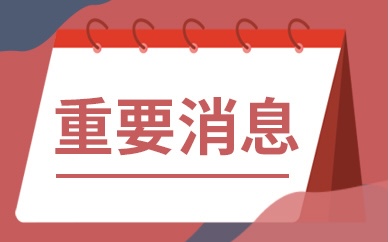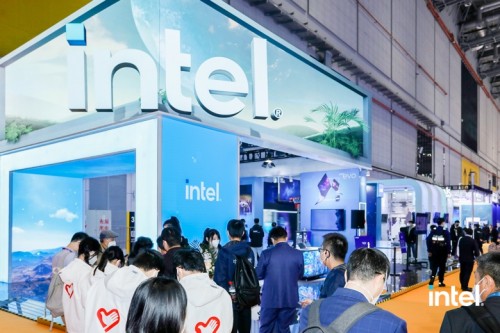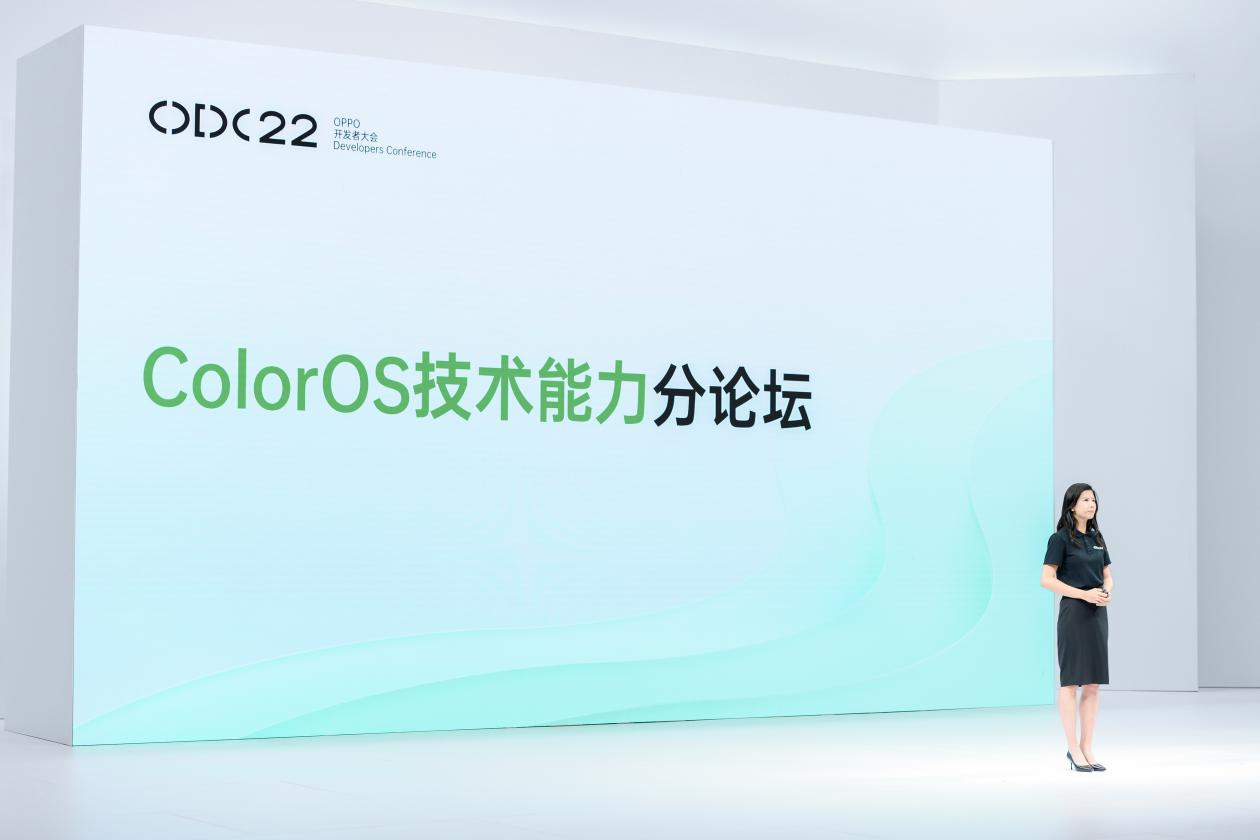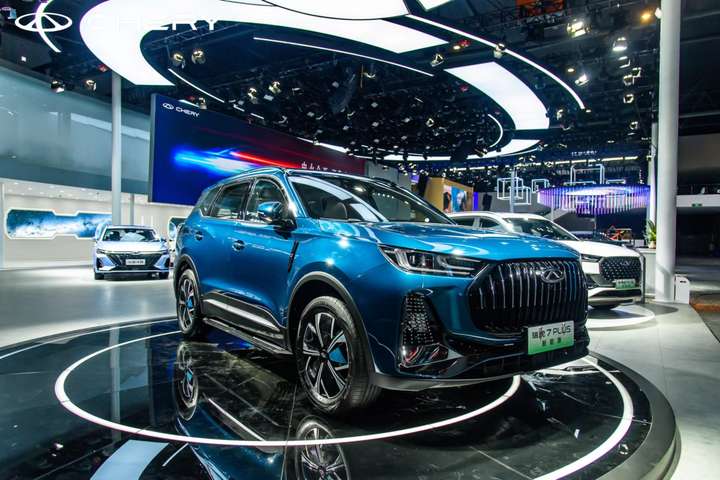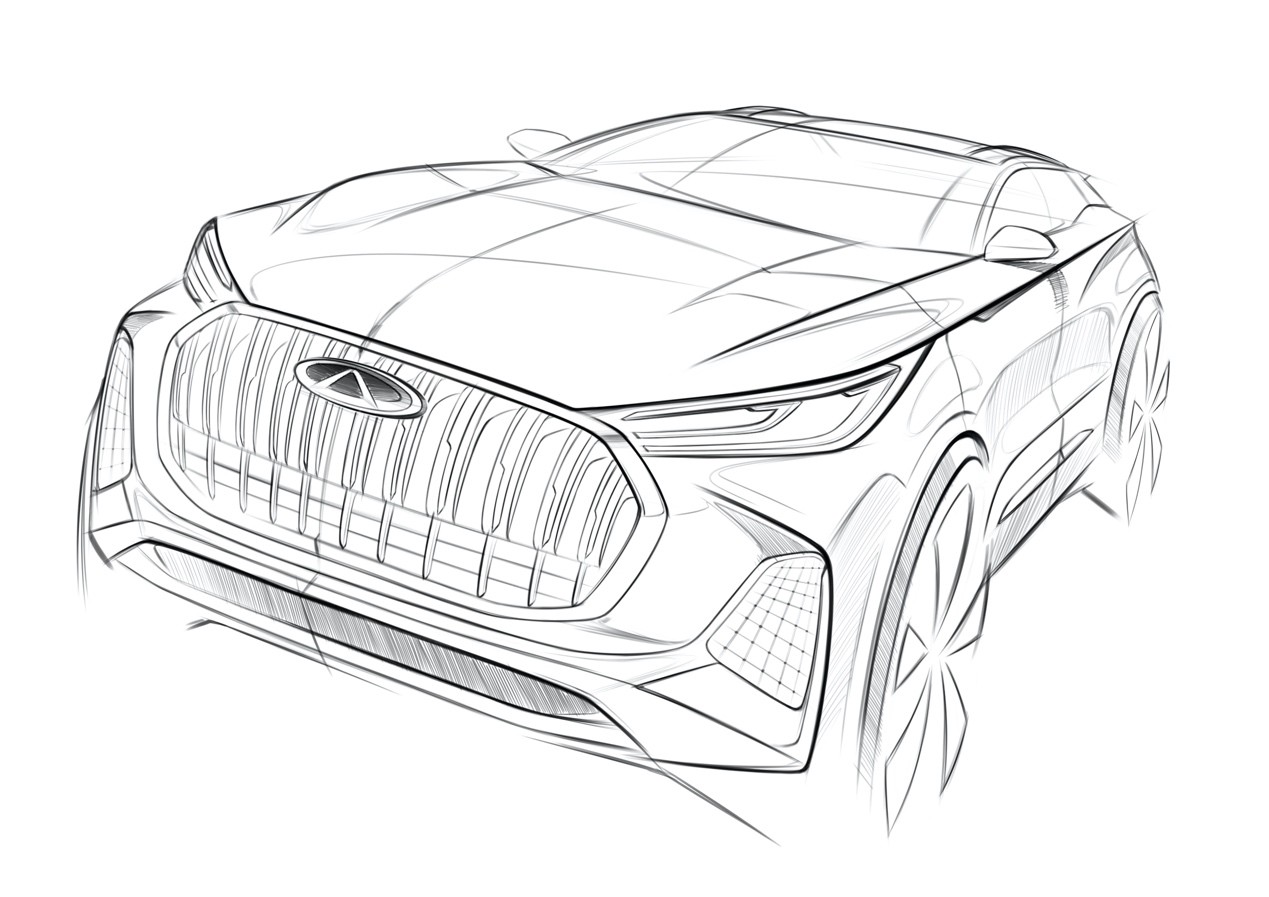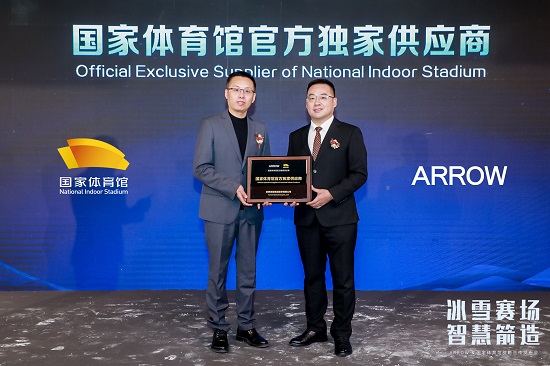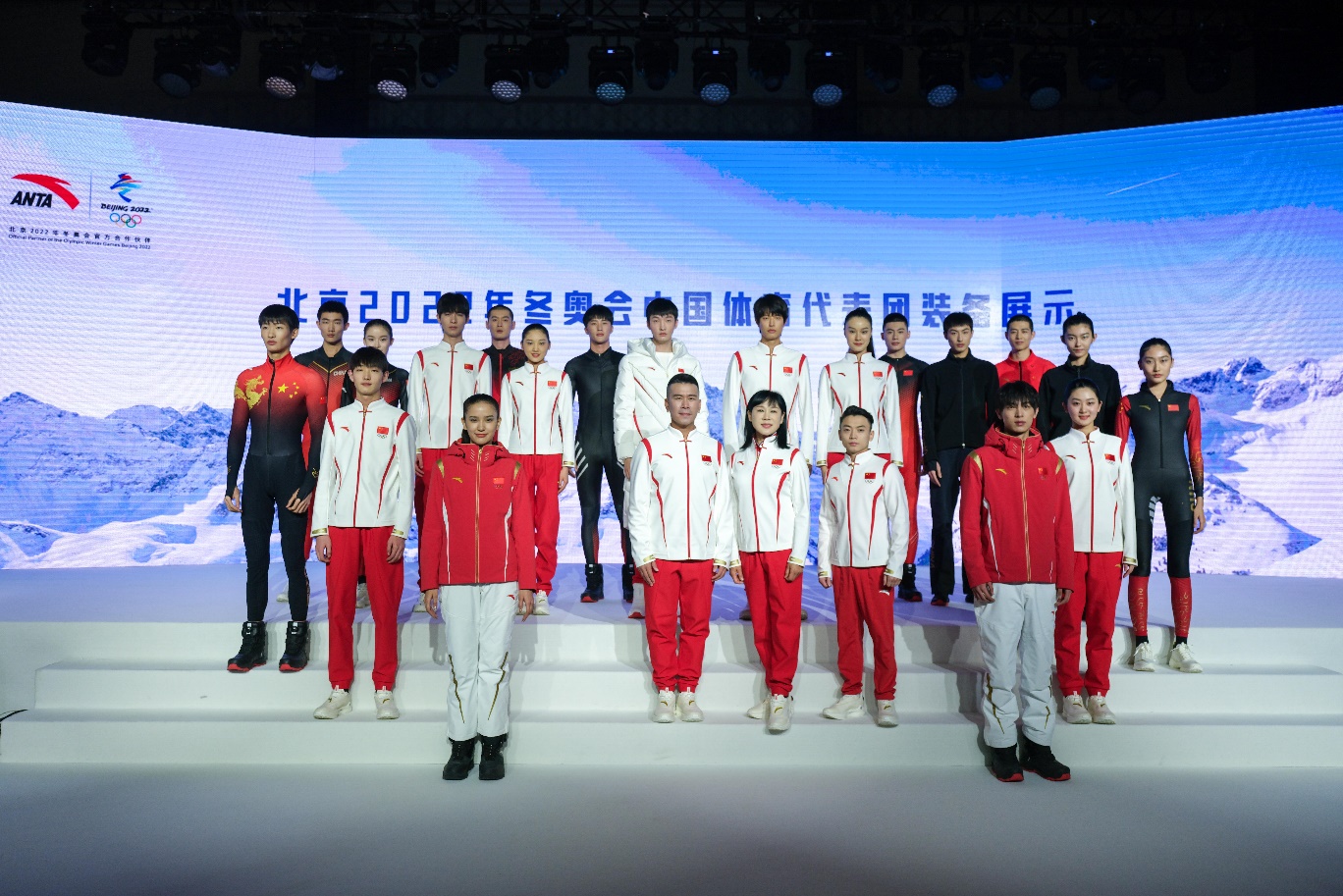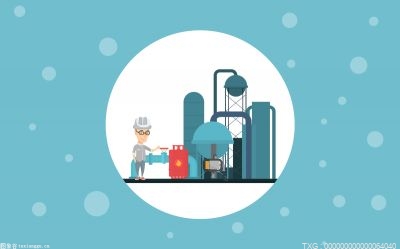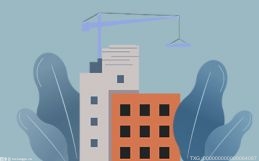 (资料图片)
(资料图片)
BEIJING, March 8 (TMTPOST) --The beginning of 2023 witnessed a significant decline in China’s auto sales in the wake of the end of the 50% purchase tax cut and subsidies for new energy vehicles.
Since then, the “price war” has become the buzzword in the domestic car market, particularly among new energy models, where price reductions seem to have become the industry’s dominant trend overnight. Compared to new energy vehicles, traditional fuel car companies are generally more cautious towards price cuts.
According to the China Passenger Car Association (CPCA), retail sales in the domestic passenger car market reached 1.293 million units in January, down 37.9% year-on-year and 40.4% month-on-month. Especially for provinces with developed auto industries, it is more and more pressing for local governments to prop up the local car market. As leading combustion car companies continue to watch and wait, the “price war” has silently spread to various local markets in China.
Recently, multiple sources have reported that Dongfeng Motor, in partnership with Hubei Province, has launched its biggest ever purchase season promotion. The promotion covers brands such as Dongfeng Fengshen, Dongfeng Peugeot, Dongfeng Citroen, and Dongfeng Honda, including models such as Haoji, Peugeot 408, Citroen C6, and Honda CR-V, offering discounts ranging from 5,000 to 90,000 yuan. These sky-high subsidies have resulted in a buying frenzy, despite brand restrictions. Sales staff at Hubei’s 4S stores have been overwhelmed with customer demand, with some stores even operating around the clock.
In fact, the local subsidy policy in Hubei is not new at all since many other provinces introduced car purchase subsidies at the beginning of the year. However, these subsidies have generally been around 2,000-8,000 yuan. The recent car purchase promotion in Hubei, which offered much heftier subsidies of up to half the price of the car, was unprecedented. This price cut was particularly larger to several brands under the Dongfeng umbrella, which had been struggling with poor sales performance. Peugeot and Citroen, in particular, have been experiencing lackluster sales, and their subsidies were the most generous. As the saying goes, there are no unsold cars, only unsold prices.
The significant discounts offered by Dongfeng Motor seem to have triggered a fuel car price war which will likely have a ripple effect throughout the industry. The competition between traditional car companies and new energy models has intensified, with new energy brands like Tesla narrowing the price gap between “oil” and “electric” vehicles. This has increased pressure on fuel models, which are already facing environmental challenges and slowing growth in the car market. In response, second and third-tier car companies may initiate another round of price cuts, which could spread to first-tier car companies like Volkswagen and Toyota.
From the perspective of the automakers, 2023 is a critical year for brand survival. However, for consumers, the comprehensive price war, which has spread from the “oil versus electricity battle” to the “local subsidy competition,” presents a precious opportunity to purchase a car.
关键词:












